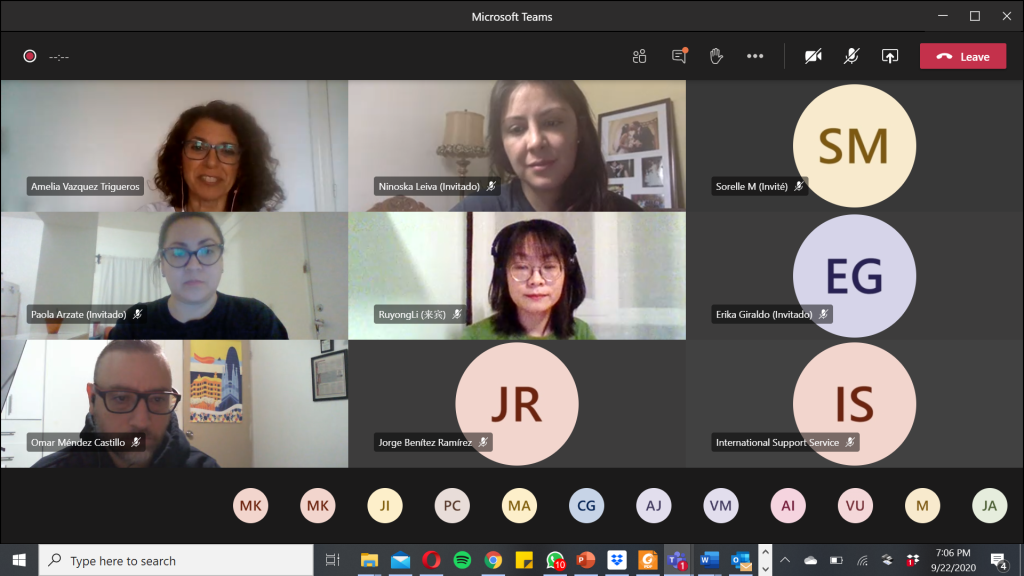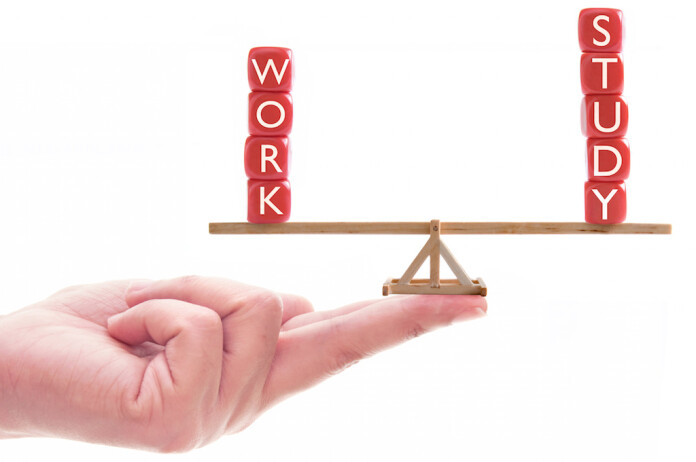Our UK & Europe Columnist Novelita W. Mondamina (Veli) had an opportunity to interview Cynthia Jumita Ismail, who is now both a PhD student and a full-time professional in the energy sector. How is she managing her busy schedule, especially during the current pandemic? Let’s delve into her story below!
***
Hi Cynthia! Do you mind introducing yourself to the readers?
Not at all! My name is Cynthia Juwita Ismail, you can call me Cynthia. I am a Research Assistant at su-re.co (Sustainability and Resilience), a think-do-be tank based in Bali, Indonesia. This company focuses on clean energy, climate change and sustainability issues. Although my office is in Bali, I am currently working from home in Kupang, East Nusa Tenggara. I also happen to be in the first year of an online doctoral program with Universitat Autònoma de Barcelona (UAB), Department of Geography.
When did you start our PhD and how is it going so far?
I got accepted as a PhD student in March 2020, when the pandemic hit Indonesia. Given that my research topic focuses on Indonesia and my program allows us to work remotely, I didn’t have to stay in Barcelona for most of the time. Many of my study activities are conducted online.
That’s great! Can you tell us more about your educational bakground? What did you study for your bachelor’s and master’s?
I attained a degree in chemistry from Institut Teknologi Bandung (ITB) back in 2012. The year after, I received an Erasmus Mundus scholarship for my master’s, which was in Management and Engineering of Environment and Energy (ME3). Erasmus Mundus is a joint master’s degree so I studied in two different universities in Europe. I went to Universidad Politecnica de Madrid, Spain, for the first year and KTH Royal Institute of Technology, Sweden, for the second.

Wow, what an amazing journey! Now, you mentioned that you also work in clean energy. Why are you interested in this field?
I am interested in energy because it is not just essential for human being but also the environment. I particularly chose bioenergy because in my opinion, it is part of energy that is the most affordable for society. Middle- to low-income people that live in remote areas can utilize simple biomass, such as organic waste, for their energy resource. However, we can see that in Indonesia, biomass utilization for bioenergy production is still very low compared to other clean resources, such as solar and geothermal. That’s why I want to make bigger contribution in this sector.
That’s commendable. So what inspired you to pursue a doctoral degree while working?
While abroad, I saw that a lot of people were eager to study up to the highest degree. So after I finished my master’s, I thought I had to go for PhD, but I was still not so certain about it.
Before I finally decided to do pursue a PhD, I got a chance to work in Indonesia Power, one of the subsidiaries of PT PLN. I was actively involved in climate change mitigation for Indonesian power plants. One day, my supervisor said, “You should take PhD. You can see that in international reports, such as those by the UN, the authors are mostly not from Indonesia.” This was an aha moment for me. It sealed my commitment to pursue a doctorate. Studying PhD will force me to perform academic writing, thus opening my chances to contribute as an expert in the global community.
My work in su-re.co also gives me valuable opportunities to collaborate with international experts and researchers, motivating me further to pursue a PhD. As if the universe conspired, the CEO offered me to lead a research project from European Commission that focuses on energy transition, including in Indonesia. The CEO also let me take the project as my PhD research topic, allowing me to work and study at the same time! More importantly, I am getting closer to achieving my dream of becoming a global expert.

You are so lucky because most of us must choose between school and work. Fingers crossed that all will go well! What are some of the challenges that you face, especially during the current pandemic?
On the bright side, I can save a lot of money by not having to live in Barcelona. However, not being in the university deprives me of the feeling of being an actual student, who has to spend time in the library and classrooms. More importantly, time management is a challenge. People say that PhD offers more freedom in learning, but in my opinion we must be careful not to get too carried away, as PhD poses uncertainties that we will have to address within the program’s timeline.
My active role as an employee (my employer provides funding support for my PhD) and an environmental consultant further adds to the time management challenge. Thankfully, both my work and study environments have provided good support systems so far, helping me juggle my multiple responsibilities.

That’s good to hear, but what do you do to overcome those challenges?
Work hard and work smart. I’m taking care of my health through good night sleep, regular exercise and multi-vitamins, especially during this pandemic. Those are crucial as even a one-day sick is not tolerable in my schedule. Also, since I already decided to take this path, I always say to myself: “There is no option to fail”. These words are my mood booster that keeps me moving forward.
For not giving failure a chance, it means that we must do our best in every step that we take. Finally, do you have any tips for our readers who are also pursuing their online education during this pandemic period?
It is important to maintain your motivation, for example by interacting with your PhD peers and close friends, to consult or even just vent your concerns. I feel better whenever I do this. Also, there are PhD support groups in Facebook or in other social media where you can share and get advice or consolation from the people who are goinng through the same experience. Doing this often increases my motivation and removes the feelings of being alone in my PhD journey. Keep on moving and do your best! We’re in this together 🙂
Photos provided by author.







